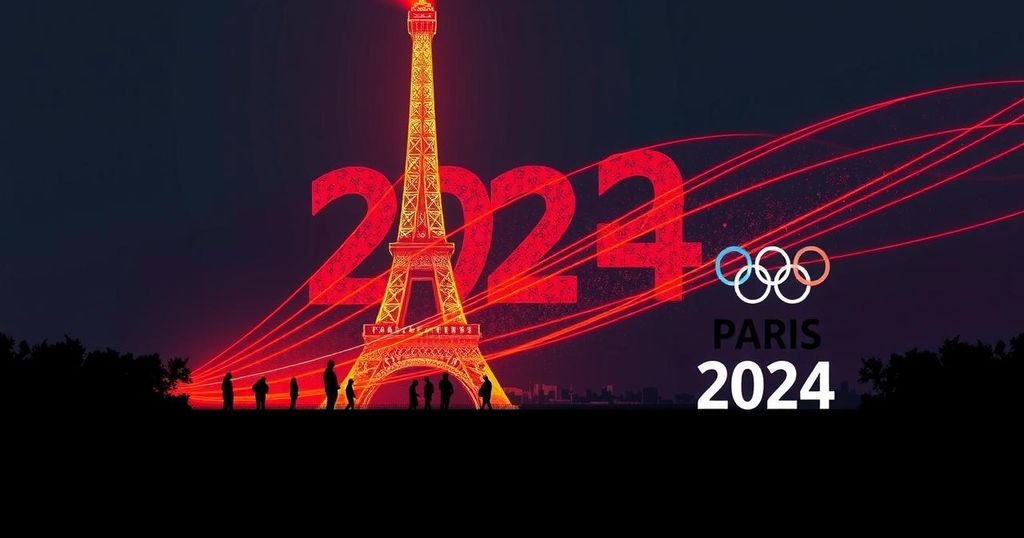The 2024 Paris Olympics: Navigating Extreme Heat Conditions
The 2024 Paris Olympics finds itself grappling with an unprecedented heatwave that is testing the limits of athletic endurance and survival. A notable incident involved Italian swimmer Thomas Ceccon, who drew public attention simply by taking a nap on a patch of grass after a disappointing performance in the 200-meter backstroke. Ceccon attributed his subpar outcome to inadequate sleeping conditions in the Olympic Village, citing extreme heat as a significant factor. This revelation sparked concerns regarding the potential impact of high temperatures on athletes in this year’s Summer Games.
As the Olympics commenced, meteorological forecasts indicated that this could be the hottest Olympic event to date, surpassing the challenging conditions of the 2021 Tokyo Olympics, where over 100 athletes suffered from heat-related illnesses. The reality unfolded as a severe heat dome enveloped Paris, pushing temperatures to an alarming 97 degrees Fahrenheit during the games’ initial days. In response, national teams implemented various measures to safeguard their athletes’ health, such as providing air conditioning in the Olympic Village and ice vests for cooling.
The influence of climate change has emerged as a critical factor, evidenced by the Rings of Fire II report, which illustrated that summer temperatures in Paris have increased by approximately 3.1 degrees Celsius since the city last hosted the games in 1924. Leading climatologist Friederike Otto emphasized that human-induced climate change has exacerbated the dangerous conditions athletes now face.
Athletic performance is profoundly affected by temperature; studies have indicated that even a slight increase in core body temperature can significantly impair performance. For instance, a 2023 study indicated that athletes’ speed in marathon events could decrease by up to 20 percent due to a modest rise in core temperature. The health risks associated with extreme heat include dehydration, organ failure, and cardiac issues, which become increasingly severe as heatwaves persist.
Several sports are particularly susceptible to the adverse effects of extreme heat, as documented in the Rings of Fire report. Athletes from various disciplines shared their harrowing experiences of heat-related complications, with many indicating that such challenges would only become more pronounced in the future.
In the lead-up to the Olympics, organizers pledged ambitious sustainability goals, aiming to halve the greenhouse gas emissions compared to previous Olympic events. However, the initial decision to forgo air conditioning for Olympic accommodations raised serious concerns among athletes about their comfort and well-being. Paris Mayor Anne Hidalgo defended this choice, prioritizing the long-term environmental impact over immediate athlete comfort. Nevertheless, as temperatures soared, the organizers provided additional air conditioning units, resulting in disparities among teams based on their financial resources.
Experts argue that access to adequate cooling under high-stress conditions can serve as a vital advantage in athletic performance. Effective cooling strategies are critical, especially given the nighttime conditions that may hinder recovery. In light of these developments, researchers are advocating for early acclimatization and the formulation of comprehensive safety guidelines by governing athletic bodies.
As climate change continues to escalate, there is a consensus among experts that future Olympic organizers may have no choice but to reschedule these summer events to cooler months. Such strategic shifts would necessitate decisive actions from sporting federations to ensure athlete safety and fair competition standards. Scholars recommend that policies should be established to prevent athletes from having to make perilous decisions when faced with extreme heat, thereby prioritizing their health and safety above the competitive spirit.








Post Comment